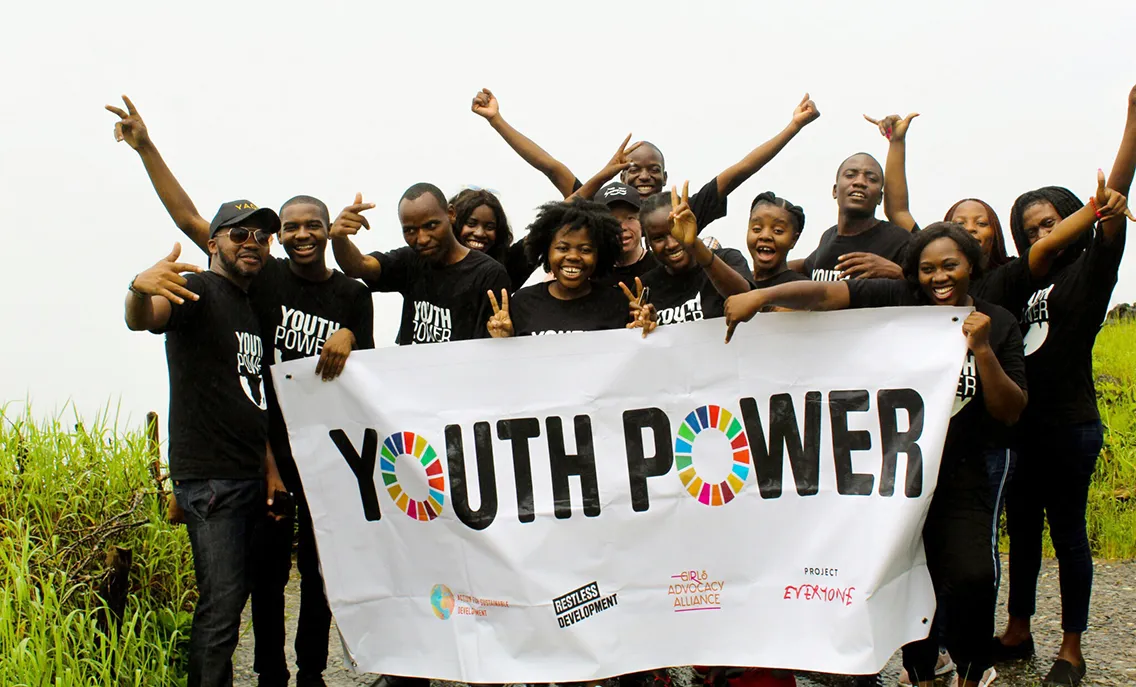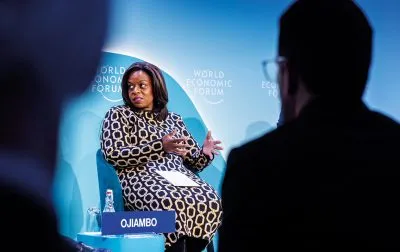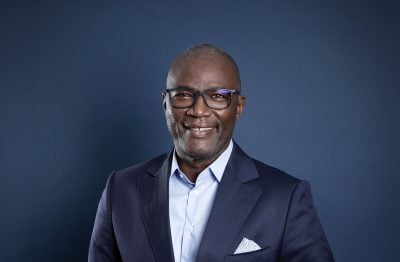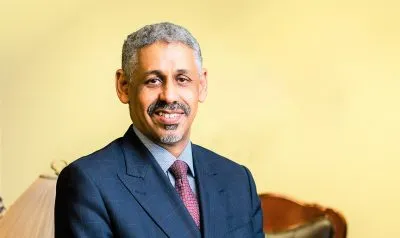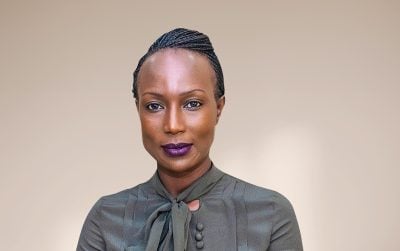The African Youth Consultative Forum on the Summit of the Future, a preparatory event aimed at galvanising the participation of the African youth in shaping the outcomes of the UN Summit of the Future, to be held in New York this September, was a powerful reminder that the future of our continent and indeed the world depends on the engagement, innovation, and resilience of our young people.
The Consultative Forum was convened on 26-27 April at the UN Conference Centre in Addis Ababa, Ethiopia. It was organised by the Pan African Youth Union (PYU), the African Union Commission (AUC), UNDP and the United Nations Economic Commission for Africa (UNECA).
As the Secretary-General of the PYU, I have witnessed first-hand the energy and determination that African youth bring to the table. In the face of global challenges, they represent a strength that, if nurtured, can transform not just Africa, but the world.
The Sustainable Development Goals (SDGs) were designed as a blueprint for a better and more sustainable future. However, as we near the deadline of 2030, it is clear that progress has been uneven, and in some areas, we are falling short. This is particularly true for Africa, where many of the SDGs remain elusive. Yet, the youth of Africa have a clear message: they are ready to take on the challenge of rescuing the SDGs and Agenda 2063, but they need the right support and opportunities to do so.
Africa is the youngest continent in the world, with over 60% of its population under the age of 25. This demographic reality is often framed as a challenge, with the youth being portrayed as vulnerable or at risk. However, this narrative overlooks the immense potential of young Africans to drive change and innovation.
African youth are not just passive recipients of aid or development programmes; they are active agents of change. They are entrepreneurs, innovators, activists, and leaders who are already making significant contributions to their communities and countries.
From climate action to digital innovation, African youth are at the forefront of efforts to achieve the SDGs. For example, young African entrepreneurs are leading the way in creating sustainable businesses that address local needs while contributing to global goals. Whether through renewable energy projects, sustainable agriculture, or tech startups, these young innovators are showing that it is possible to achieve economic growth while protecting the environment.
Similarly, African youth are taking a stand on social issues, advocating for gender equality, quality education, and better healthcare. They are mobilising communities, using digital platforms to raise awareness, and pushing for policy changes that will benefit not just their generation, but those to come.
What African youth want
During the African Youth Consultative Forum, several key themes emerged regarding what the youth want
as part of the agenda to rescue the SDGs:
Education is the foundation of sustainable development. Africa’s youth are calling for access to quality education that is inclusive and relevant to the needs of the 21st century. This includes not just formal education, but also vocational training, digital literacy, and the entrepreneurial skills that will enable them to thrive in a rapidly changing world.
Unemployment and underemployment remain significant challenges for young people across Africa. To address this, the youth are advocating for policies that promote job creation, support entrepreneurship, and ensure decent work conditions. They want to see investments in industries that have the potential to create jobs at scale, such as agriculture, manufacturing, and the digital economy.
African youth are acutely aware of the impact of climate change on their future. They are demanding action to protect the environment and ensure that development is sustainable. This includes investing in renewable energy, promoting sustainable agriculture, and protecting natural resources.
The youth want a seat at the table where decisions are made. They are calling for greater political participation and leadership opportunities, ensuring that their voices are heard in national and international forums. This means not just token representation, but real influence in shaping policies that affect their lives.
Moving beyond vulnerability
We must move beyond the narrative that sees African youth as merely vulnerable or at risk. While it is true that many young people face significant challenges, this perspective ignores the resilience, creativity, and agency of African youth. They are not a problem to be solved, but a solution to be embraced.
To harness the potential of young Africans, governments, development partners, and the private sector must invest in their education, provide opportunities for meaningful employment, and create spaces for their participation in decision-making. This is not just about ticking boxes or meeting targets; it is about empowering the next generation to lead the way in achieving the SDGs.
In conclusion, African youth represent the continent’s greatest asset in the fight to achieve sustainable development. If we invest in their potential, listen to their voices, and support their initiatives, they will not only help rescue the SDGs but also build a brighter, more prosperous future for all. The time to act is now, and African youth are ready to lead the way.
Want to continue reading? Subscribe today.
You've read all your free articles for this month! Subscribe now to enjoy full access to our content.
Digital Monthly
£8.00 / month
Receive full unlimited access to our articles, opinions, podcasts and more.
Digital Yearly
£70.00 / year
Our best value offer - save £26 and gain access to all of our digital content for an entire year!
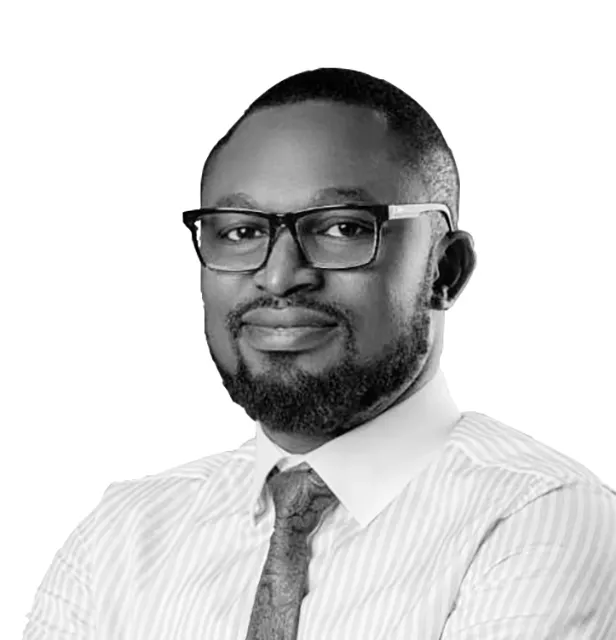
 Sign in with Google
Sign in with Google 